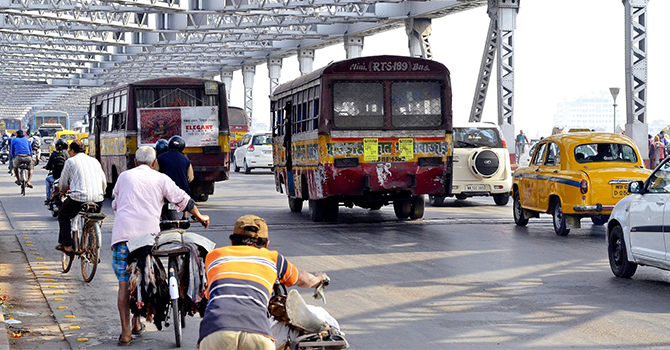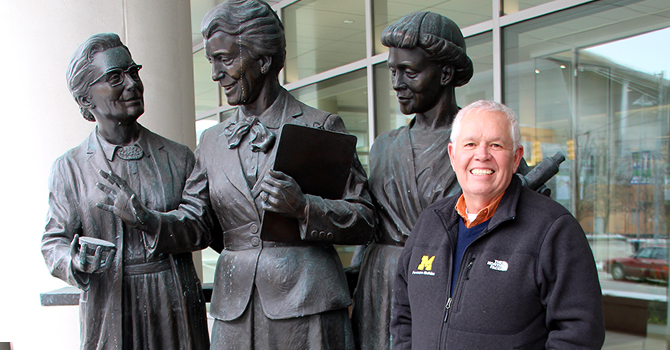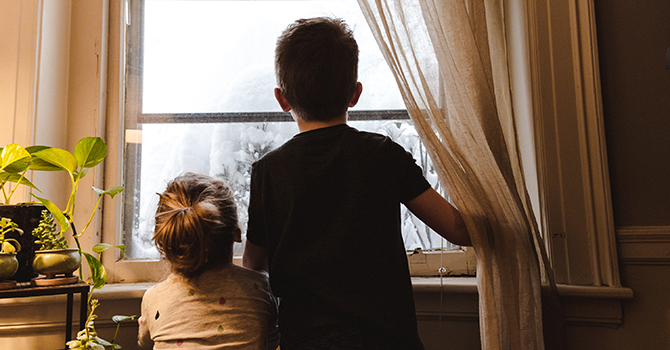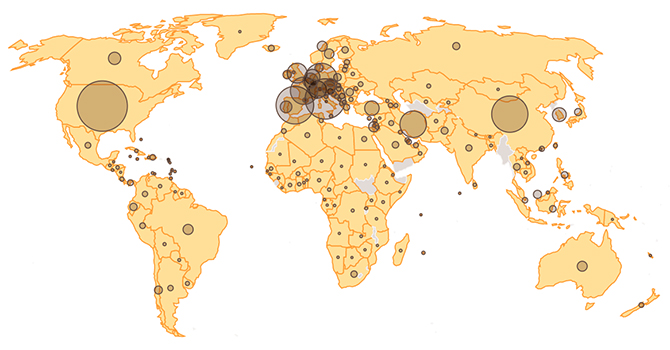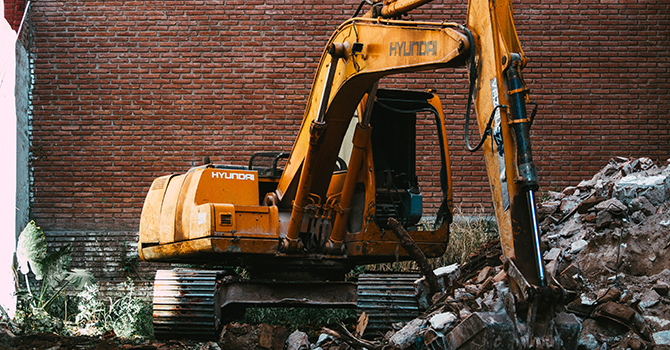
Which Populations Are Most Vulnerable to the Coronavirus Pandemic?
Q&A with Sharon Kardia and Jon Zelner
For vulnerable populations—the elderly, those with chronic illness and mental health issues, and those without the means to work from home or access affordable health care—measures we've undertaken to slow the spread of coronavirus can have life-threatening consequences. To better understand how the virus will impact the most vulnerable, we spoke with University of Michigan School of Public Health epidemiologists Sharon Kardia and Jon Zelner.

